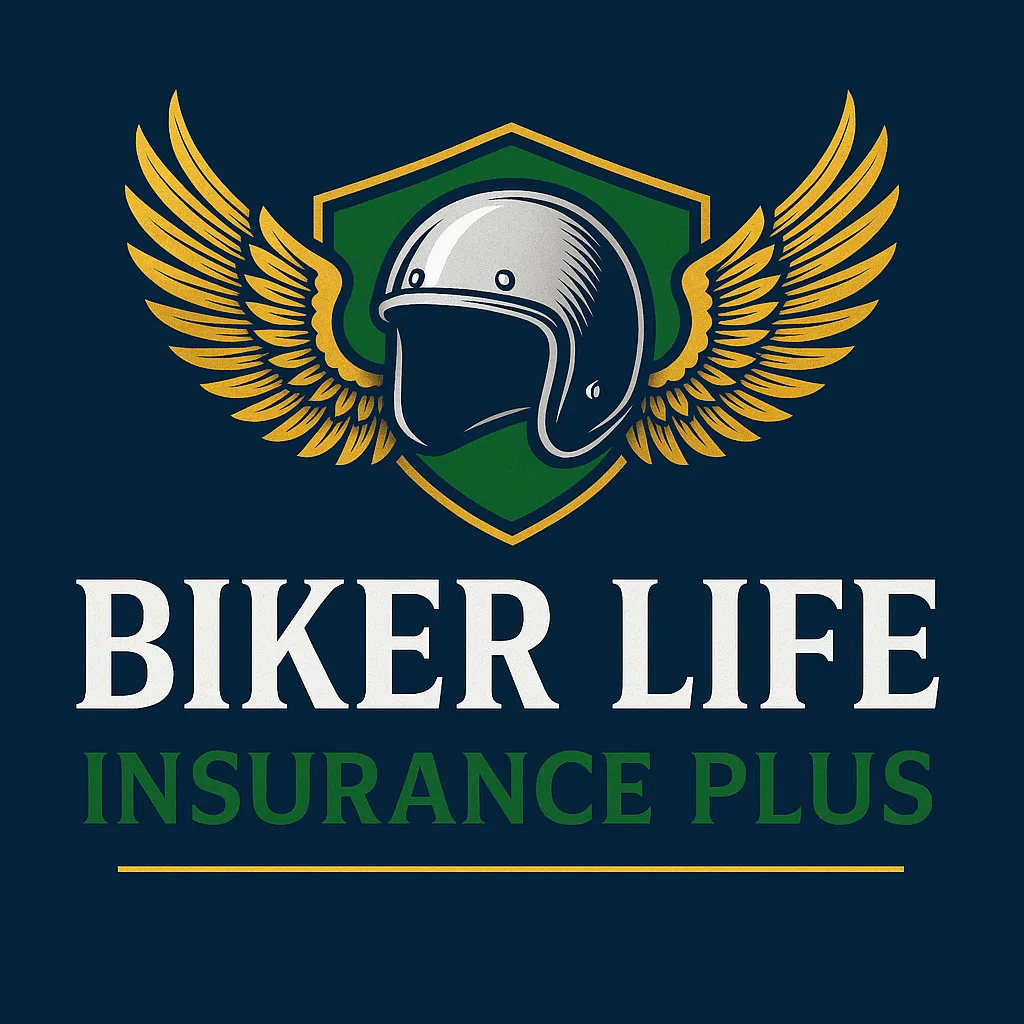Guiding riders, families, and professionals toward lasting financial security.
Wealth Preservation Meets Life Protection
—All Funded (Tax-Efficiently) by Your Business
Use IRC §162 Executive Bonus Plan to reduce business tax burden and fund your own tax-advantaged wealth — while also rewarding key employees.
Why Choose the Executive Bonus Plan?
💰 100% Tax Deductible: Your business writes it off as a bonus expense.
📈 Tax-Deferred Growth: Build cash value inside a permanent life insurance policy.
🔓 Easy Access to Funds: Use loans or withdrawals — often tax-free.
🧩 Extra Win: Combine with Golden Handcuffs to retain top talent while maximizing your own benefit.
How It Works in 4 Simple Steps:
Step 1
Company pays you bonus
Step 2
Bonus is used to fund cash value life insurance policy
Step 3
Business deducts the bonus 100%
Step 4
Policy grows and builds cash value tax-deferred
You’ll Love This If You’re A...
✅ Business owner looking to reduce corporate taxes
✅ S-Corp or C-Corp employee-owner
✅ High-income earner looking to optimize a retirement strategy
✅ Entrepreneur wanting flexible wealth access
Case Study: Sean Wright, Owner-Employee of G8Tech Inc.
Business Owner Profile
Sean, 46, runs a profitable C-Corp (G8Tech Inc.). He qualifies for a $150K executive bonus annually and is in good health.
Policy Strategy
$5M permanent life policy with living benefits (critical/chronic illness & LTC). Designed for income-tax-free retirement & estate strategy.
Tax-Efficient Funding
G8Tech Inc pays $150K premium + $50K gross-up bonus to Sean. Full $200K deducted under IRC §162.
Financial Outcome
After 10 years, Sean builds $1.4M+ in tax-deferred cash value — with flexible, tax-free access for retirement, reinvestment, or legacy.
"This strategy didn’t just reduce our business taxes — it created a smart, flexible path for retirement and legacy planning I control."
Sean Wright, CEO of G8Tech Inc.
$200K
Annual Tax-Deductible Bonus
$1.4M+
Tax-Deferred Cash Value After 10 Yrs
$5M
Permanent Death Benefit Coverage
0%
Tax on Policy Loans/Distributions
Frequently Asked Questions
Is this IRS-compliant?
What if I need the funds later?
Is there a minimum bonus amount?
Can I offer this to my employees?
What kind of policy is used?
What Other Business Owners Are Saying
"This strategy isn't just about compensation — it's about reengineering how value flows from my business to my family, my future, and the next generation. It's a smarter, intentional move that aligns with the vision I have for lasting impact."
— Founder, Real Estate Development Firm
"By leveraging this structure, I turned taxable income into a protected, tax-advantaged asset. It’s one of the rare financial moves that strengthens both my immediate balance sheet and my long-term wealth architecture."
— CFO, Regional Medical Group
→ Back to Home | → Protect the People Who Power Your Business | → Explore Tax-Advantaged Retirement Income Design
Reduce Taxes. Build Tax-Free Wealth. Reward Yourself Smarter.
Use your business to fund permanent life insurance that grows tax-free, provides living benefits, and creates legacy — all with a 100% tax-deductible bonus.
🎯 Start Your Bonus Plan Strategy
FAQ's
Is this IRS-compliant?
Yes. IRC §162 allows businesses to deduct reasonable compensation, including bonus payments used to fund life insurance for employees.
What if I need the funds later?
You can access the policy cash value anytime via loans or withdrawals — often tax-free.
Is there a minimum bonus amount?
Plans are flexible. Plans typically start with a $10,000 annual bonus, though high-income strategies often use $50K to $200K or more for maximum impact.
Can I offer this to my employees?
Absolutely. You can extend this benefit to key team members to increase retention, especially when paired with a vesting or restrictive agreement.
What Kind of policy is used?
We typically recommend a high-quality, well-structured, max-funded indexed universal life (IUL) or whole life policy with strong cash value growth and robust living benefits - riders for long-term care (LTC), critical, chronic, and terminal illness.


